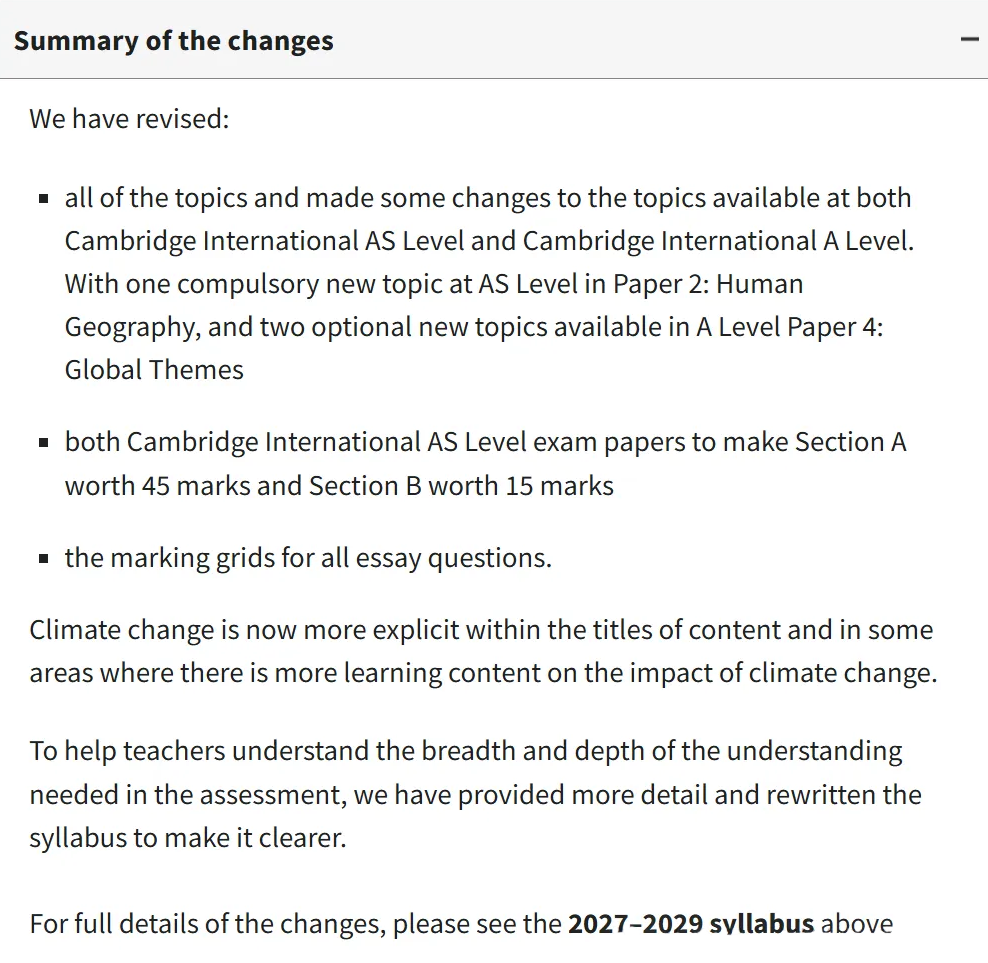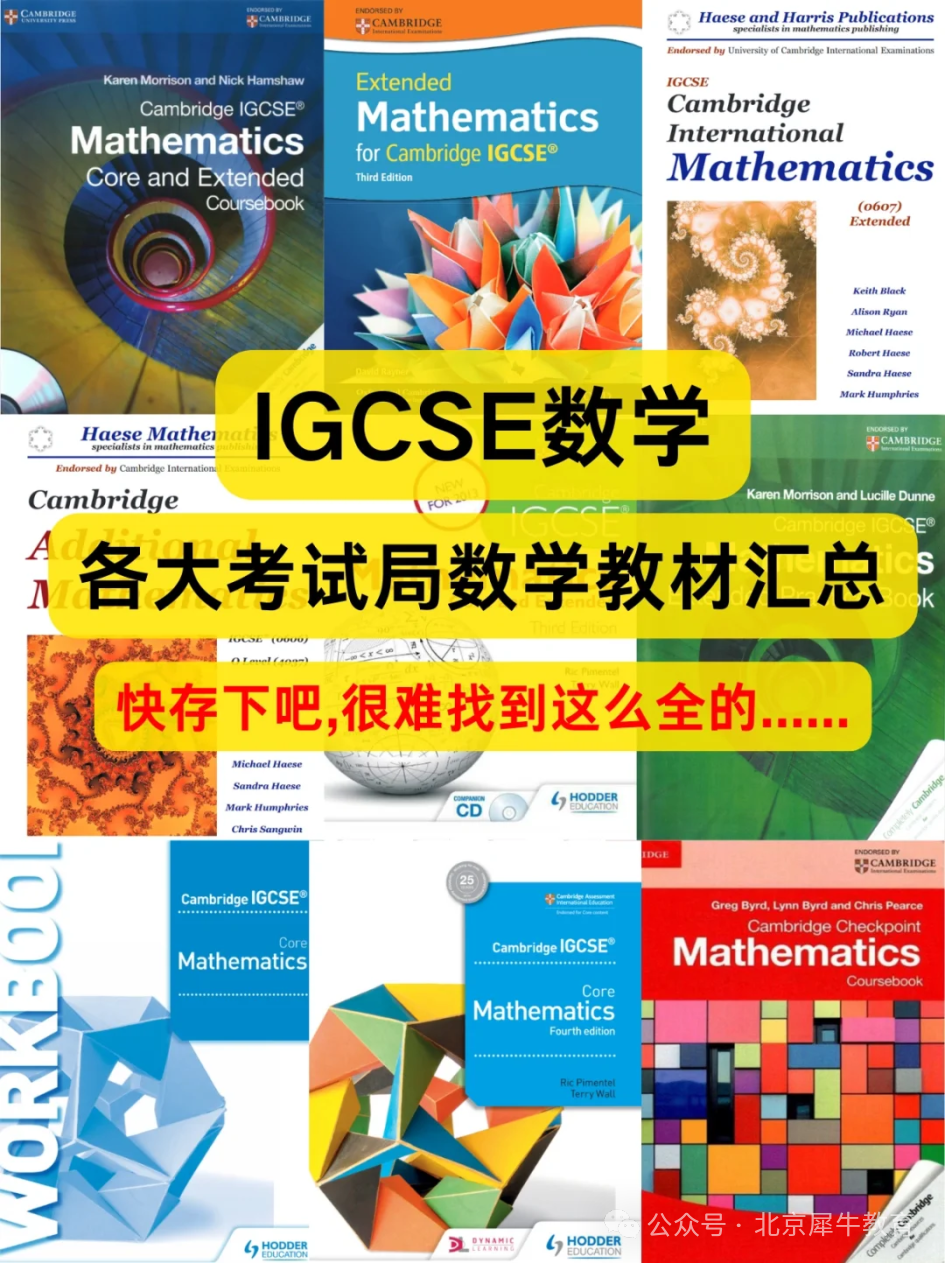"Debate's not just about stating the points. You've got to be able to respond in a time-pressured setting to what your opponent is going to say and rebuild your arguments, and then compare and weigh arguments."
随着人工智能的发展和广泛运用
越来越多的人对AI产生依赖
长久以往,人们可能会怠于思考
理解能力也会随之退化
但众所周知,辩论是一项需要“动脑”的活动
它需要你在限定时间内
对对手说的话做出回应
还要不断权衡、重构你的论点
因此有研究人员认为
『 辩论可以减少人们对AI的依赖保持批判性思维和理解能力 』
它是怎样做到的?我们来共同探讨一下!
来自密西西比大学的一项研究表明,辩论对于培养人们的批判思维、研究能力以及同理心有着积极作用。当前人们由于过度依赖人工智能(AI),导致这些能力出现了不同程度的削弱,而辩论,则是对抗AI所带来的这些负面影响的一种工具,它被研究人员称为学术界最“古早”的武器之一。
"Learning to debate is not only learning to argue but also learning to understand a subject so completely that one might defend or oppose any aspect of it. "
"Even though AI has offered a shortcut through the writing process, it actually still is important to be able to write and speak and think on your own. "
密西西比大学言语交流助理教授兼奥斯米斯大学辩论队沃伦辩论联盟教练雅各布·贾斯提斯(Jacob Justice)在最近发表在《论证与倡导》(Argumentation and Advocacy)杂志上的一项研究中表明,学习辩论不仅是学习如何说服别人,更是学习如何全面地了解一个主题,以至于可以捍卫或反对关于它的各个方面。
“尽管人工智能在写作过程中提供了一些捷径,但能够独立写作、说话和思考仍然很重要。”贾斯提斯表明这就是这项研究的重点:辩论是如何锻炼到人们独立写作、说话、学习和研究的能力的。

最新研究表明,使用人工智能工具辅助写作会导致准确性降低25%,阅读理解能力下降12%。不得不承认,AI的发展从一定层面上来说桎梏了人们的思维。
"We thought about the greatest concerns that people have about artificial intelligence – namely, that it’s going to make people worse at critical thinking and worse at argument construction. We saw that debate offers skills that could make students better able to navigate those problems."
贾斯提斯称:“我们觉得人们对人工智能最大的担忧,是它会削弱人们批判性思维和论点构建方面的能力。而辩论可以让学生更好地解决这些问题。”
贾斯提斯和共创者布雷特·布里克(Brett Bricker)一致认为,大多数人工智能所能提供的,只是对一个主题粗略的了解或一些重点清单,但要研究透一个辩论主题,仅仅靠这些可不够。
"Because debate's not just about stating the points. You've got to be able to respond in a time-pressured setting to what your opponent is going to say and rebuild your arguments, and then compare and weigh arguments."
“辩论不仅仅是陈述观点,”贾斯提斯说。“你必须能够在时间紧迫的情况下对对手要说的话做出回应,重构你的论点,比较和权衡论点。”
辩论基于它自身的特质以及对参与者的要求,可以很大程度提升参与者的批判性思维和论点构建能力,这是AI无法帮上忙的。

"Empathy is really about understanding the perspective of others, and debate does that in a variety of ways. Most debate preparation is thinking about what the other side says, what they believe, what they are likely to argue against you. "
布里克提出,辩论还会培养参与者换位思考的意识,以对手的视角思考,才能“知己知彼百战百胜”,从而提高他们的同理心。
“大多数辩论都是设想对方会说什么,他们会怎么思考,他们可能会怎样反驳你。”
很多人可能会认为辩论就一定是对抗性的,要打败对方,但其实很多时候来说,参与辩论的学生不仅要考虑己方视角,也要考虑到对方视角,这促使他们要学会有一个整体的视角。

"I think it is possible to integrate debate across the curriculum. We know students who are in debate are motivated.They learn to research better than your average graduate student does. They walk away from their education being more fully enriched because they were involved in debate."
除了上述两个辩论最重要、最直接的好处,两位专家还提出一个宏大的愿景——在课程中融入辩论。
他们认为参加辩论的学生是有很强内驱力和动力的,并且比没有参加辩论的研究生更善于研究。“由于参加了辩论,他们会带着更加充实的储备接受教育。”
这也从另一方面说明,辩论会敦促学生不仅要广阅资料吸收知识,还在这其中锻炼了学生主动学习的能力,即内驱力。














